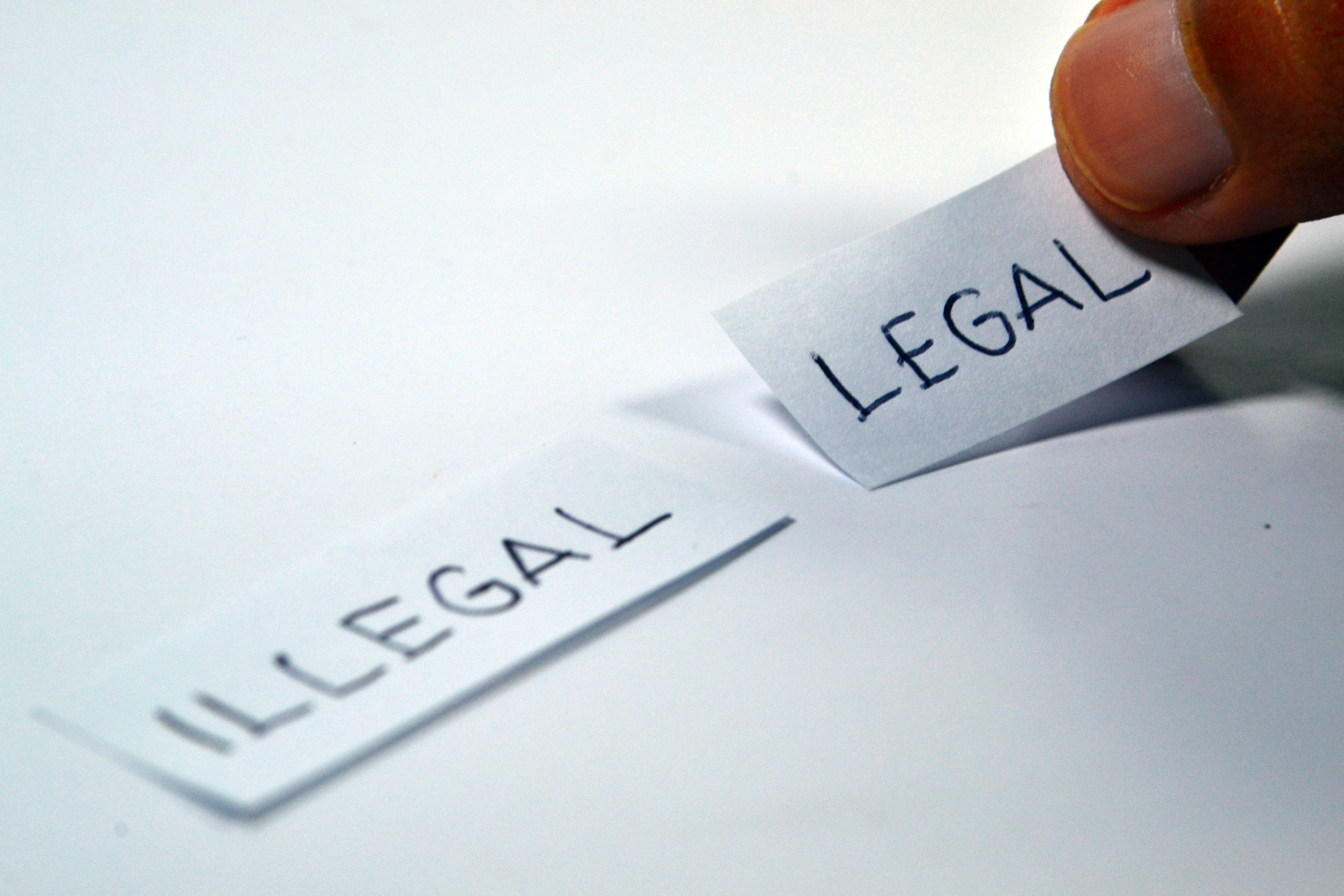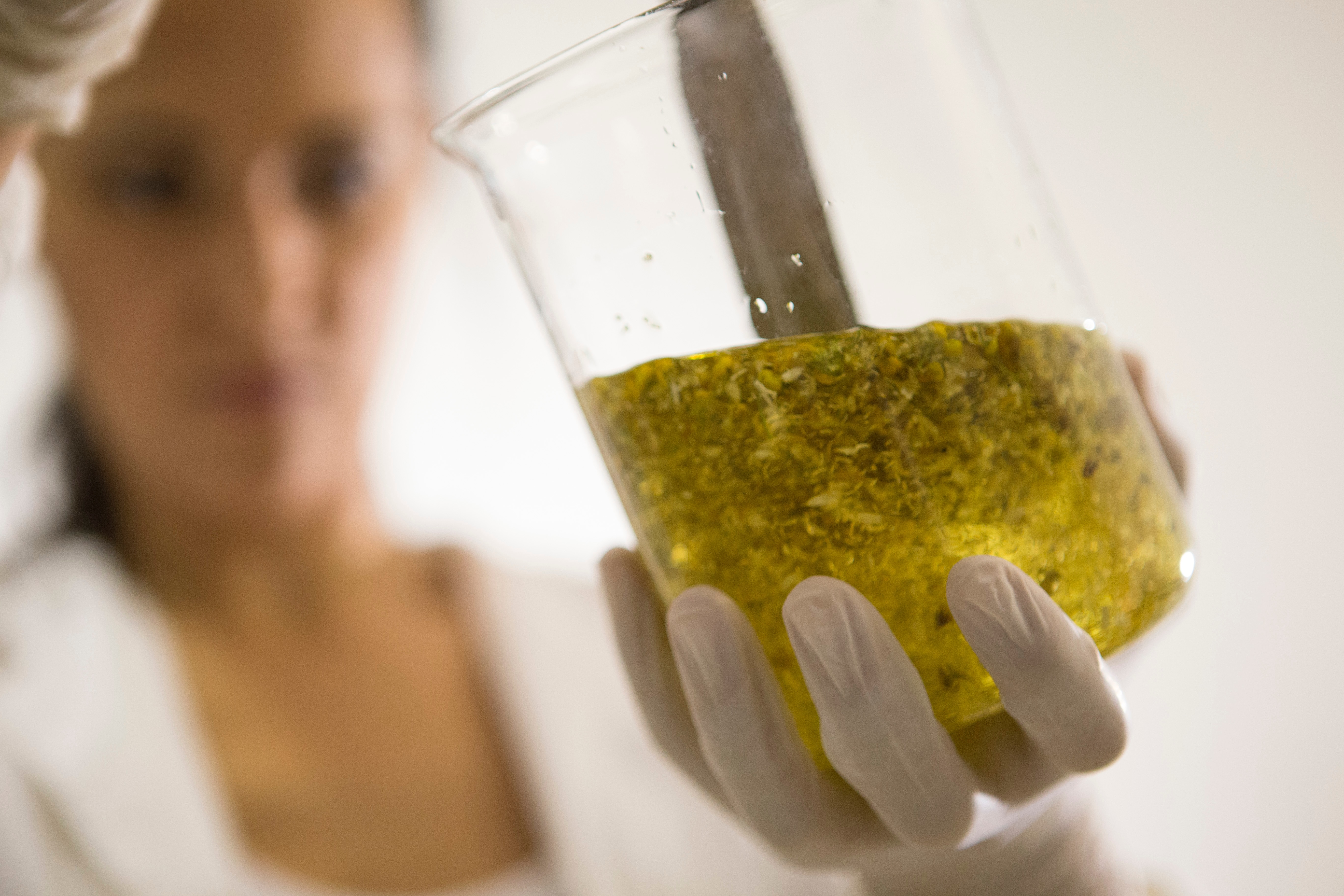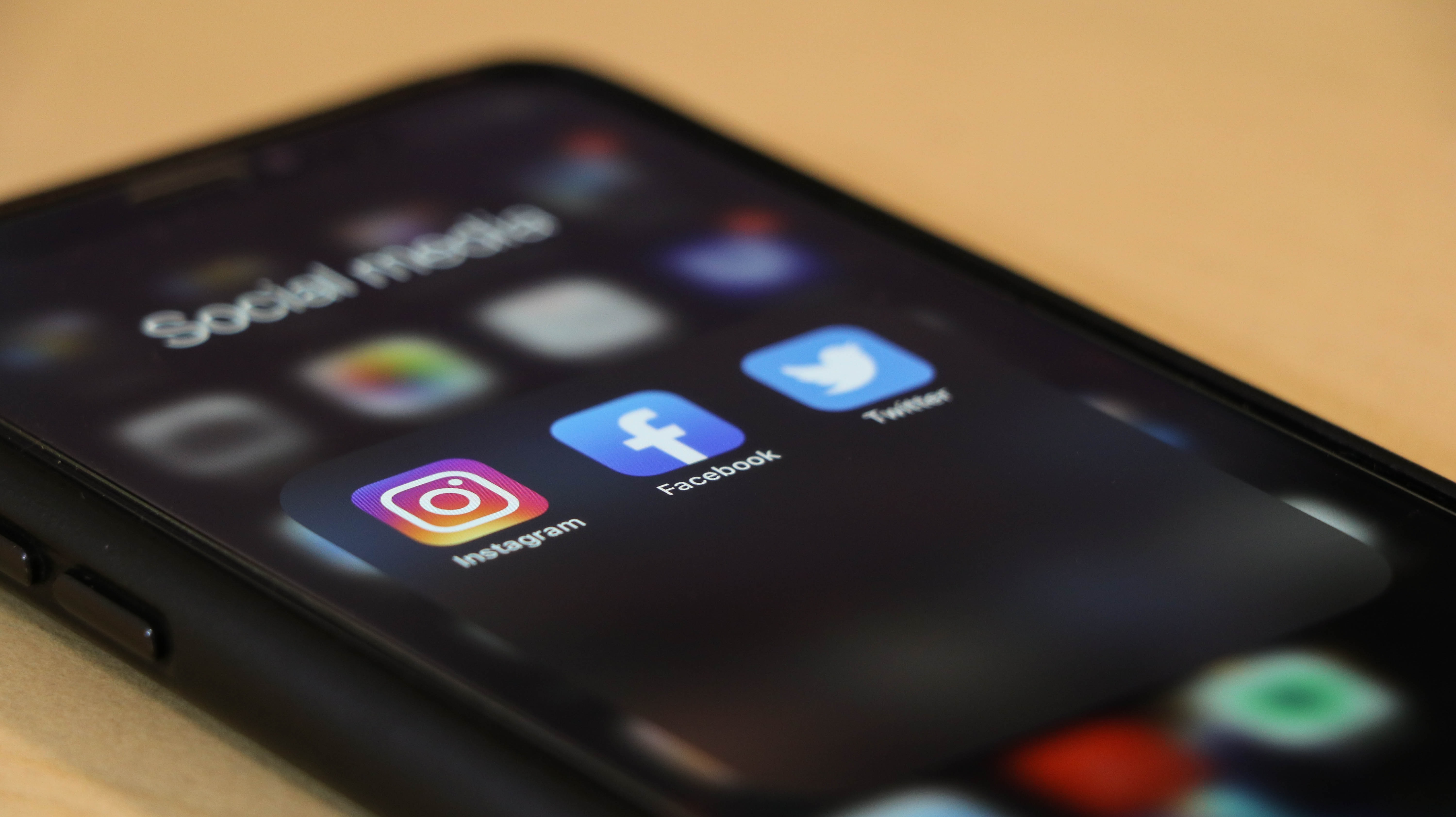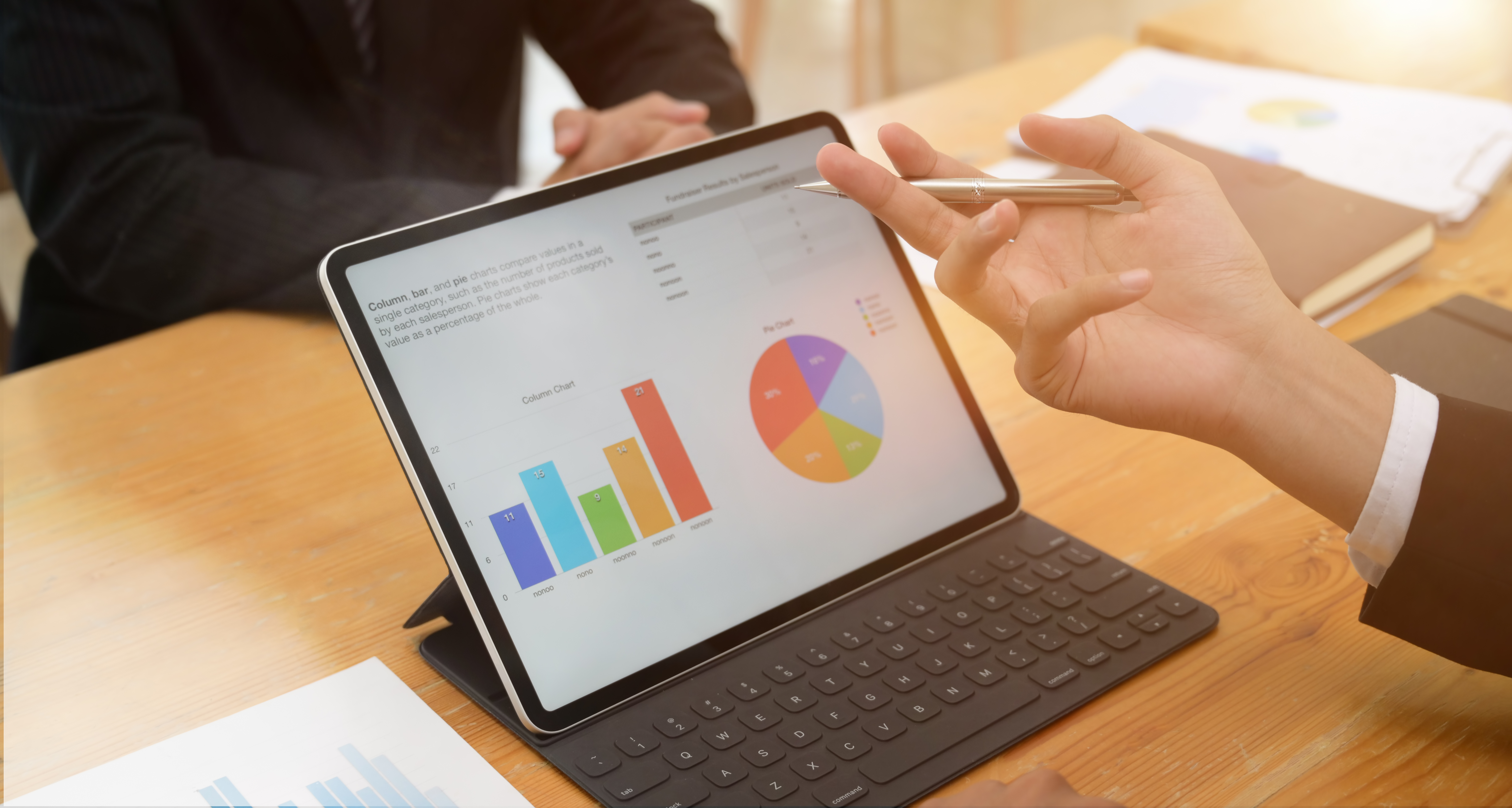
What do coffee, cookies, lip balm, and water all have in common? They can all be infused with CBD. In fact, sometimes they are!
That’s right, the CBD market is booming with all kinds of CBD infused products, some more creative than others, like CBD infused pillows. And it seems the CBD market will only continue to boom in the next few years.
With such a high demand for more CBD products, it’s no wonder that even big chain stores like Whole Foods, CVS, and Walgreens are carrying an array of CBD infused drinks, CBD edibles, CBD tinctures, and CBD beauty products.
So it’s no surprise that more and more people are looking to cash in on some of the CBD action. That’s why it seems everyone and their mom, best friend, and even retired grandma are researching how to start a CBD business. In which case, we couldn’t be more proud that you stumbled upon this article.
You see, we know, more than most, just how popular and profitable the cannabis industry is. That said, we also know how hard it can be to start any kind of business. But with the information found in this article, we can guarantee you’ll know exactly what you’re getting into and which beginning steps you need to take to be successful in an increasingly saturated market.
So whether you're looking to start your own CBD business, private label an already established CBD product, or you’re just wanting to invest in a large or small CBD company, this article is for you!
First let’s ask the question: Can I legally sell CBD products?
Is it legal to sell CBD?

First, it should be known that neither the FDA (Food and Drug Administration) nor the FTC (Federal Trade Commission) have approved any non-prescription CBD products.
In fact, Epidiolex (a prescription medication used for treating rare forms of epilepsy and seizures in children) is the only plant-derived CBD product that has the FDA and FTC’s stamp of approval. This is actually great news, because it means the stigma around cannabis is slowly fading. So we should celebrate this approval.
However, all other CBD products are frowned upon by these two government agencies, regardless if they’re hemp-derived or not. This is because CBD can be derived from both hemp and marijuana. And while the structure of CBD never changes, regardless of where it’s derived from, the product could potentially contain higher amounts of THC, the infamous cannabinoid responsible for getting its users high.
You see, hemp only contains 0.3% THC by volume, which isn’t nearly enough to cause a psychoactive effect. Marijuana, on the other hand, contains well over 0.3% THC and this is an issue for law enforcement, as marijuana is federally illegal. So even if cannabis cultivators were able to create a marijuana-derived CBD product that has between 0.0% - 0.3% THC, they still wouldn’t allow it, because it’s marijuana derived.
However, that hasn’t stopped CBD companies from marketing and selling their CBD products, despite the FDA and FTC’s lack of approval in the CBD industry. And it sure hasn’t stopped customers from purchasing, consuming, and finding relief from these products.
Thankfully, since the passing of the 2018 Farm Bill, hemp has been legalized at the federal level. So the cultivation, transportation, and manufacturing of hemp-derived CBD is perfectly legal. The only downfall is that with the passing of the Farm Bill, now individual states have the power to set their own laws regarding all things hemp. So some states may actually require a medicinal license in order for you to benefit from hemp-derived CBD.
Here’s the good news: While the FDA and FTC have their hang ups about hemp-derived CBD products, they aren’t actively going out of their way to shut down CBD companies. (If that were the case, then why in the world would Whole Foods or Walgreens jump on the CBD bandwagon?)
Instead, the FDA and FTC are simply making sure that CBD companies aren’t making false medical claims about their CBD products, such as “CBD can cure or treat cancer”. That’s a big no-no!
So now that we know hemp-derived is in fact legal, let’s answer our next question…
Why start a CBD business?

As with any new ambition, goal, or aspiration, it’s important to identify the purpose behind your goal in the first place:
-
Is it a hobby?
-
Is it a career change?
-
Is it because you want to share with the world how CBD helped you?
-
Or is it strictly to make a profit?
If it’s one of the first three, then kudos to you. Now, we all know that CBD is a highly profitable molecule, as CBD sales are expected to reach $22 billion by the year 2022. But if your only reason is to turn a profit, then you may be looking at the wrong market.
This is not to say that you shouldn’t want to turn a profit when selling CBD products. In fact, we encourage you to turn a profit. We’re simply saying, turning a profit shouldn’t be your only goal, even if you only plan to be an investor.
Not only are consumers looking for a CBD company they can trust, they're looking for a CBD product that works. And as it turns out, the companies that are only in the CBD market to turn a profit are the ones producing ineffective CBD products.
You see, CBD consumers aren’t stupid. They know that the cannabis industry, which includes all things CBD, is not regulated. That’s why they’re staying on top of their CBD game and researching companies that are doing everything in their power to produce high-quality CBD products.
So even if you only plan on being an investor, be sure you seek out a CBD company that focuses on bettering the lives of those who consume their products. If not, you might be wasting your money.
Before we move on to our next step, it’s also important for you to figure out whether or not you want to formulate your own CBD product or if you want to private label CBD products.
Private label simply means selling products made by another business under your own brand. Just be sure you choose a reputable CBD company that creates high-quality CBD products.
CBD third-party testing is key

As we just mentioned, potential CBD customers know when a CBD company hasn’t put in the work to create high-quality CBD products. This means lab testing and Certificate of Analysis (COA).
As more and more CBD companies continue to pop up, customers begin to question just how safe and accurately labeled some of these CBD products really are. This is where third-party testing and COA’s really come into play.
And third-party testing is not cheap. So if you plan on formulating your own CBD products, then you’ll need to really find an accredited third party to test your CBD products before they hit the market. But for those who only plan to invest in an already developed CBD company, then you need to make sure they are actively having their CBD products tested and that they have the COA available on their website for potential customers to view. If not, then steer clear from that company.
Third-party testing ensures the batch of CBD is free from the following:
-
Heavy metals
-
GMO’s
-
Bacteria
-
Molds
-
Pesticides
-
Herbicides
-
And other harmful toxins
It also allows you to accurately identify the potency or how much CBD, and other cannabinoids and terpenes, will be in the final product.
The COA is a certified document that shows that your products were tested and it even lists how much CBD, THC, and other phytonutrients are present in the product. Not having your products third-party tested is a red flag for potential customers.
In order to produce high-quality CBD products, you’re going to need the right resources and money!
Know you CBD audience

If you’re thinking only moms and the elderly buy and consume CBD, you couldn’t be more wrong! The CBD industry is incredibly diverse. But it’s not always possible to reach every demographic. That’s why it’s so important to know who you’re selling to.
Here are a few questions you should ask in order to find your target market:
-
What demographic gets you excited to sell to them?
-
How are you connected to your target audience?
-
Do you know what they care about and what they do?
-
What is your target audience in need of?
While it’s important to stay focused, it’s also imperative that you don’t get too narrow. There’s a balance, and it takes some strategic thinking, research, and often some experimentation to nail your target market. And remember, the more connection, trust, and rapport you have with your audience, the better you can sell to them.
Market and advertise your CBD brand

Marketing and advertising can be tricky, especially in the CBD industry. First you need to figure out your marketing plan. Do you strictly want to sell your CBD products online, in a storefront, or both?
Strictly selling your CBD products in a store is great, but you could be missing out on potential customers who prefer buying online. Not to mention, it will cost a lot more to rent a brick-and-mortar storefront to sell your CBD products. And to be perfectly honest, buying online has become the norm for many people these days.
If you already have the money to rent out a store, it’s important to also create a website. This will allow customers to view your products, your values, and COAs online.
If you’ve decided that selling online is the only way you want to go, then be sure to create a user-friendly, mobile-friendly website. As you know, everyone and their grandma is on their smartphones these days.
As far as advertising goes, it’s important to remember that the FDA and FTC do not tolerate CBD companies who make false medical claims in order to sell their products. Instead, it’s important to advertise your CBD products the good old fashioned way:
-
SEO (Search Engine Optimization) CBD – focus on high-quality, informative CBD content that utilizes popular keywords that are relevant to your topics and products.
-
Social media CBD – Instagram, Facebook, and other social media platforms are great for advertising CBD. However, you’ll need to be pretty creative when it comes to getting around the censors regarding all things hemp and CBD.
Bottom line: The more you stay visible on social media and Google, the more traffic you will get to your website, thus creating more potential CBD sales.
Additional CBD business tips

Other things you’ll need in order for your CBD business to be successful:
-
CBD Domain Name –– Also known as your website name, this is the address where potential customers can access your website. Just make sure it's available before you finalize everything.
-
CBD brand and reputation –– This includes reputation, color, themes, design, and logo. Try not to be too busy, but don’t be too simple either.
-
Build CBD website –– Make sure your website is user-friendly and functioning properly. Try using Shopify, GoDaddy, WordPress, or other easy-to-use platforms. Just be sure your website is mobile-friendly as well, it’s the best way to market CBD oil.
-
Get a CBD merchant account –– There are only a few banks in the USA that offer credit card processing for CBD companies. Do your research and apply early. It takes close to 6 weeks to get approved.
-
Private label CBD –– We touched on this earlier, but we feel it’s important to mention again. Private labeling is for those who decide they don’t want to create/formulate their own CBD products, and don’t want to resell another brand. Just make sure you partner with a reputable CBD company that offers high quality, third-party tested CBD products.
If you’re really interested in starting a CBD business, do your part in researching as much as you can about all things cannabis. It also doesn’t hurt to stay up-to-date about the news, laws, and other important information regarding the CBD industry. After all, potential customers are looking to you for the right answers about their CBD questions. The more you know about your business, the more credible you become, which can ultimately lead to more sales.


